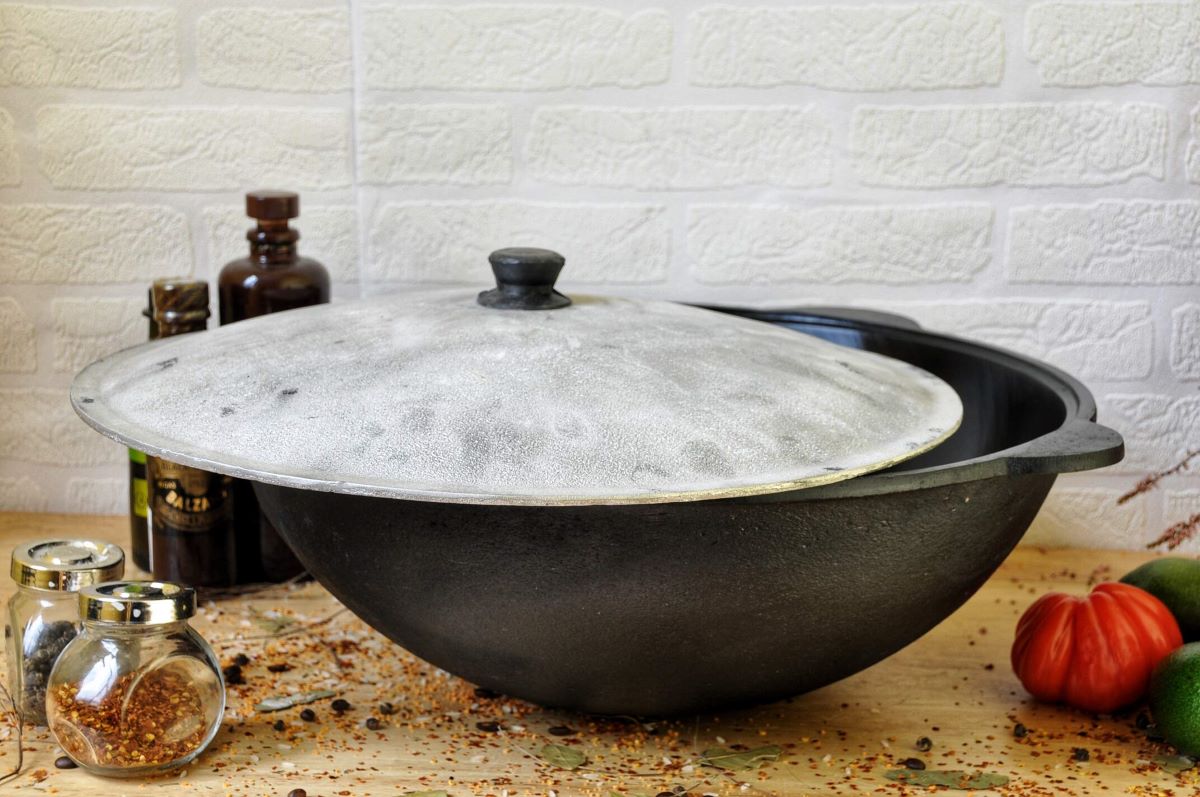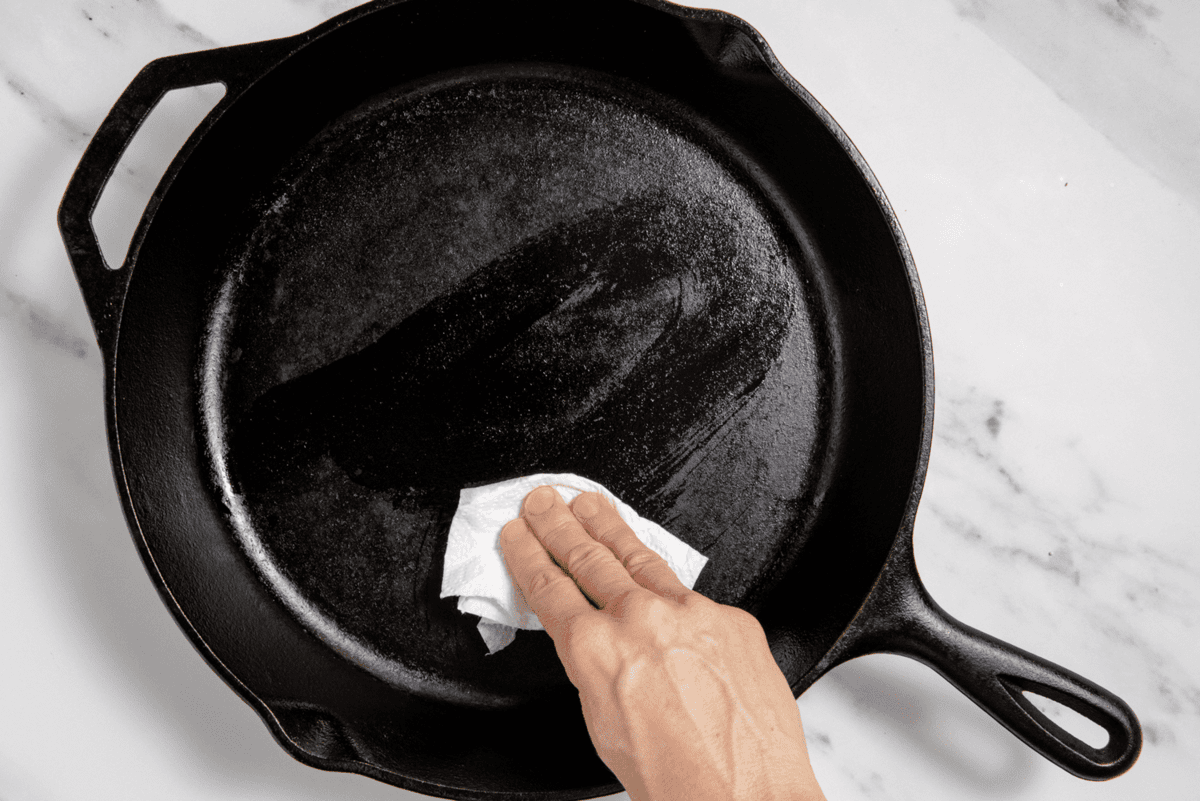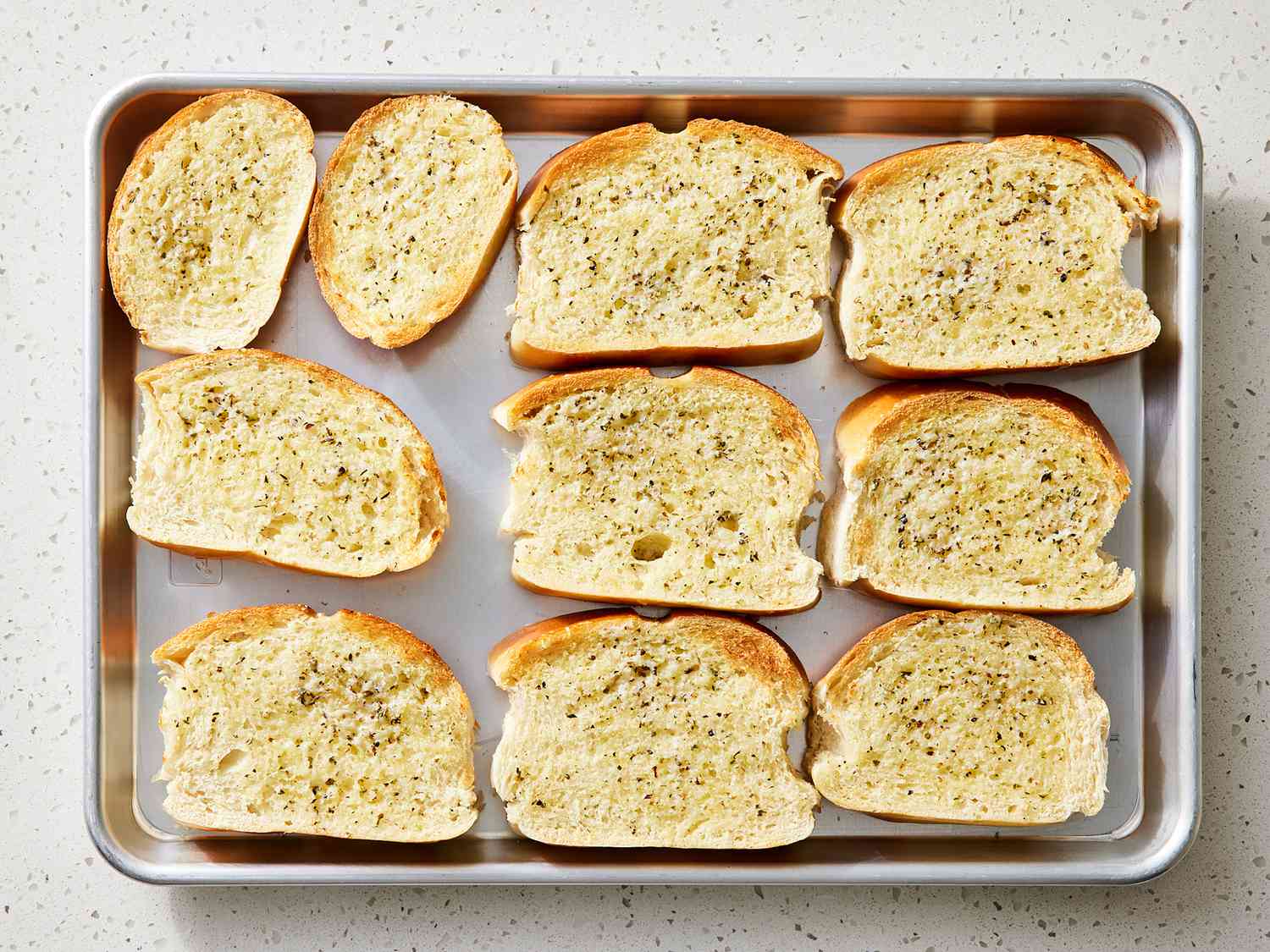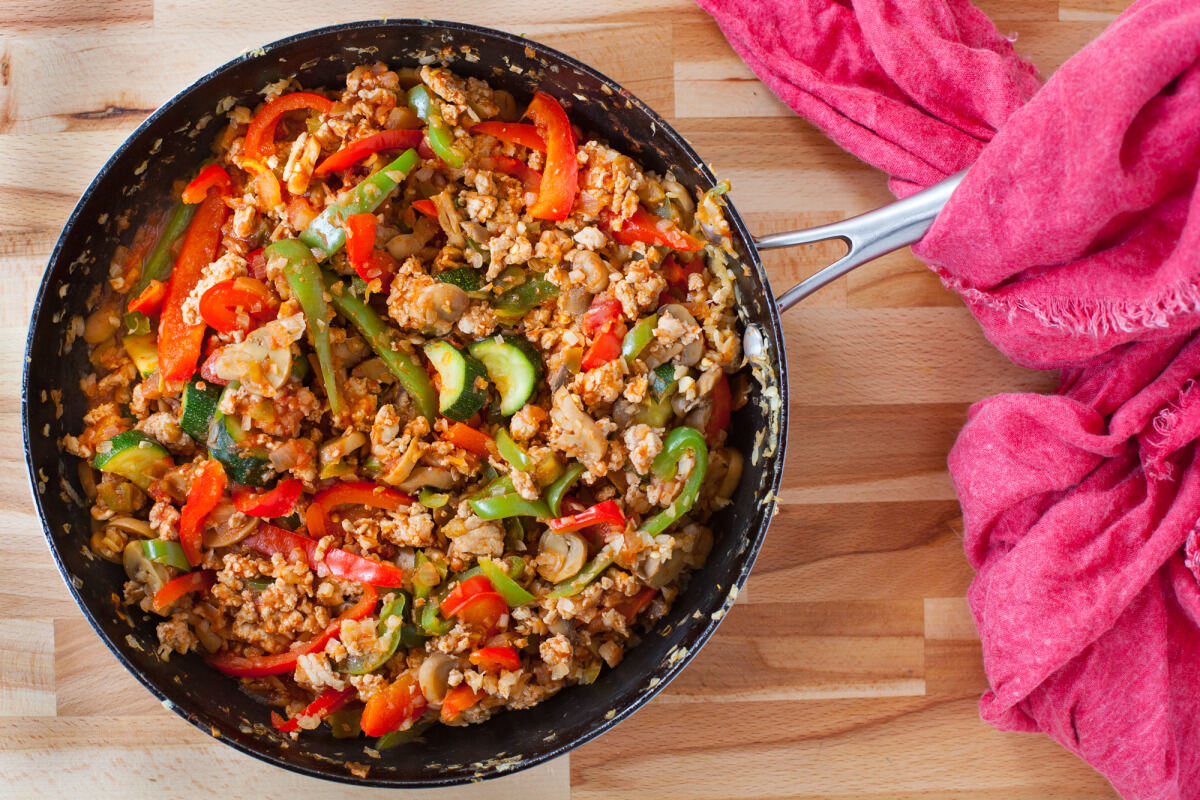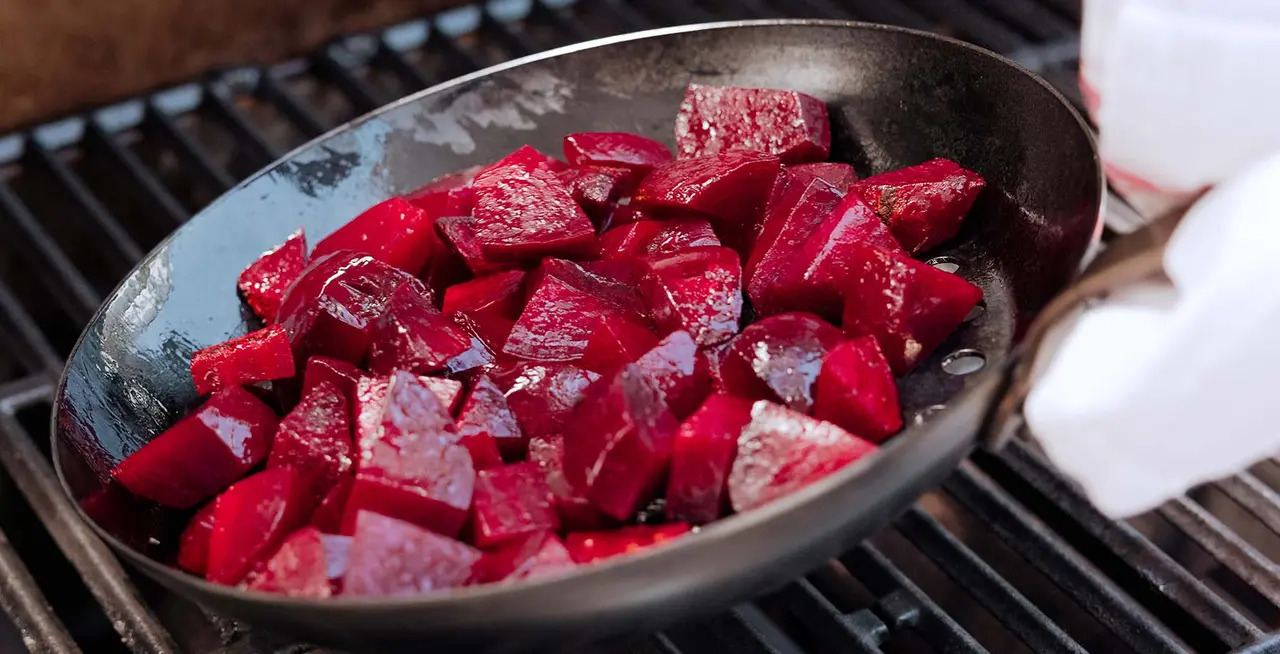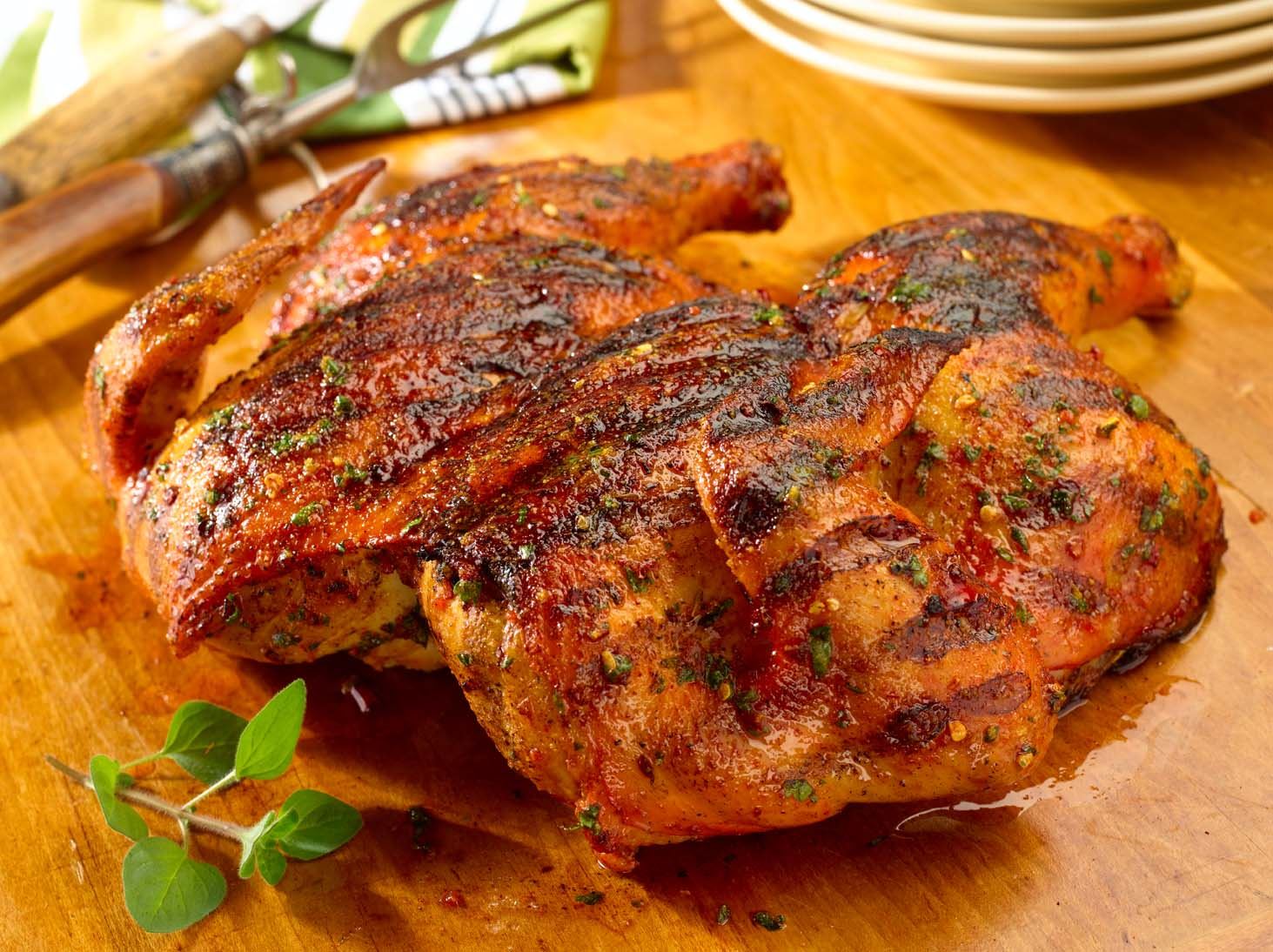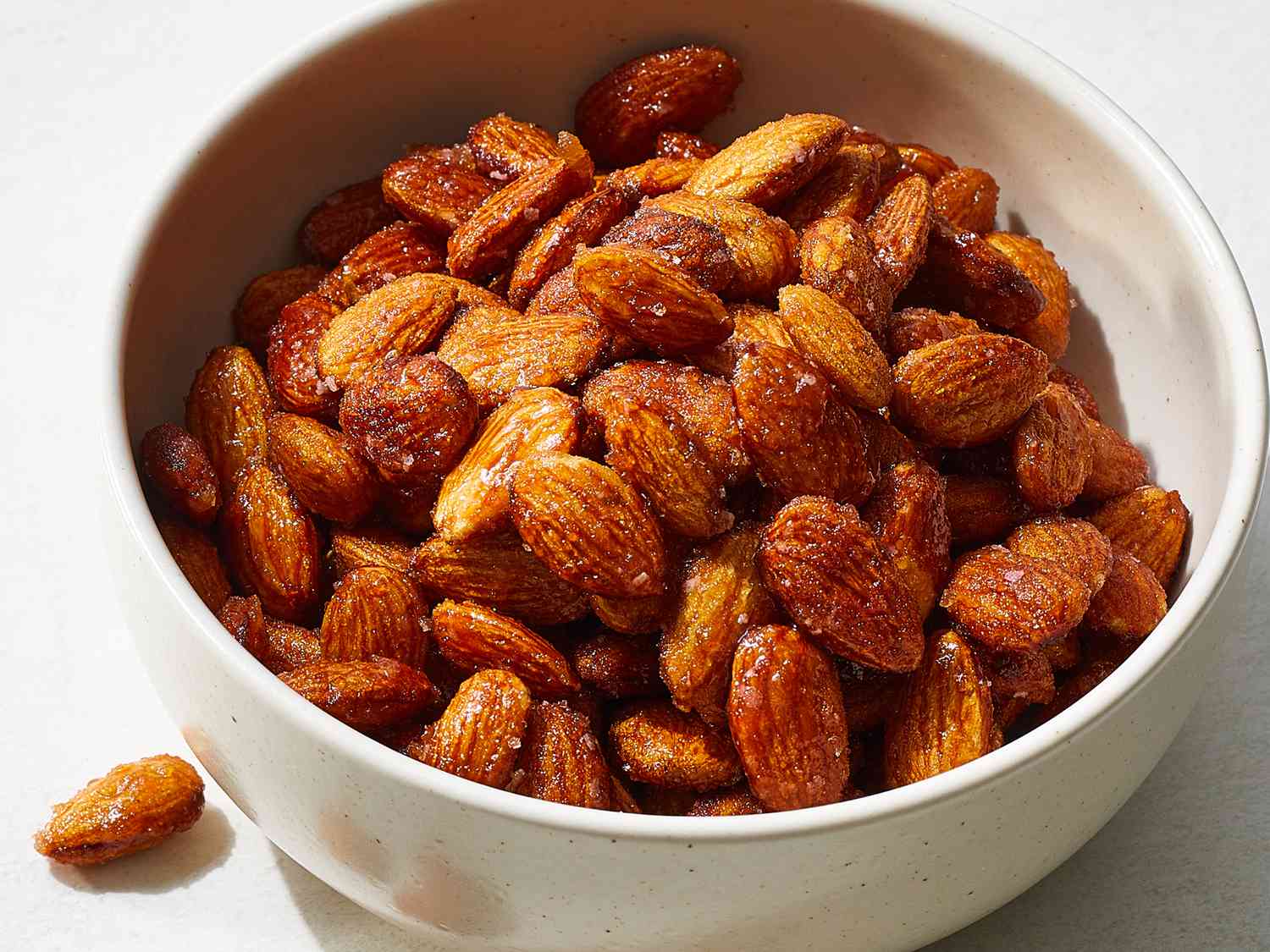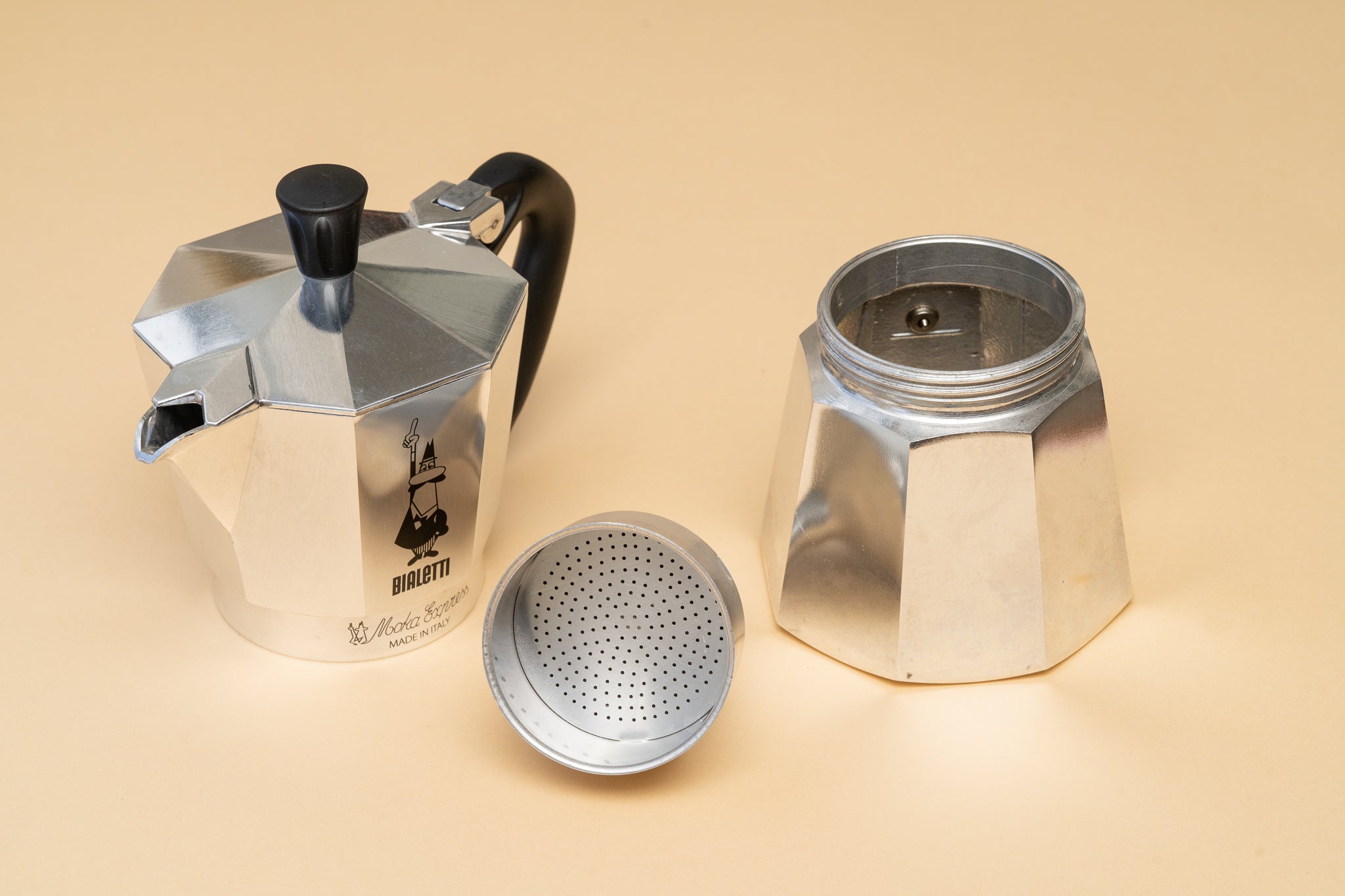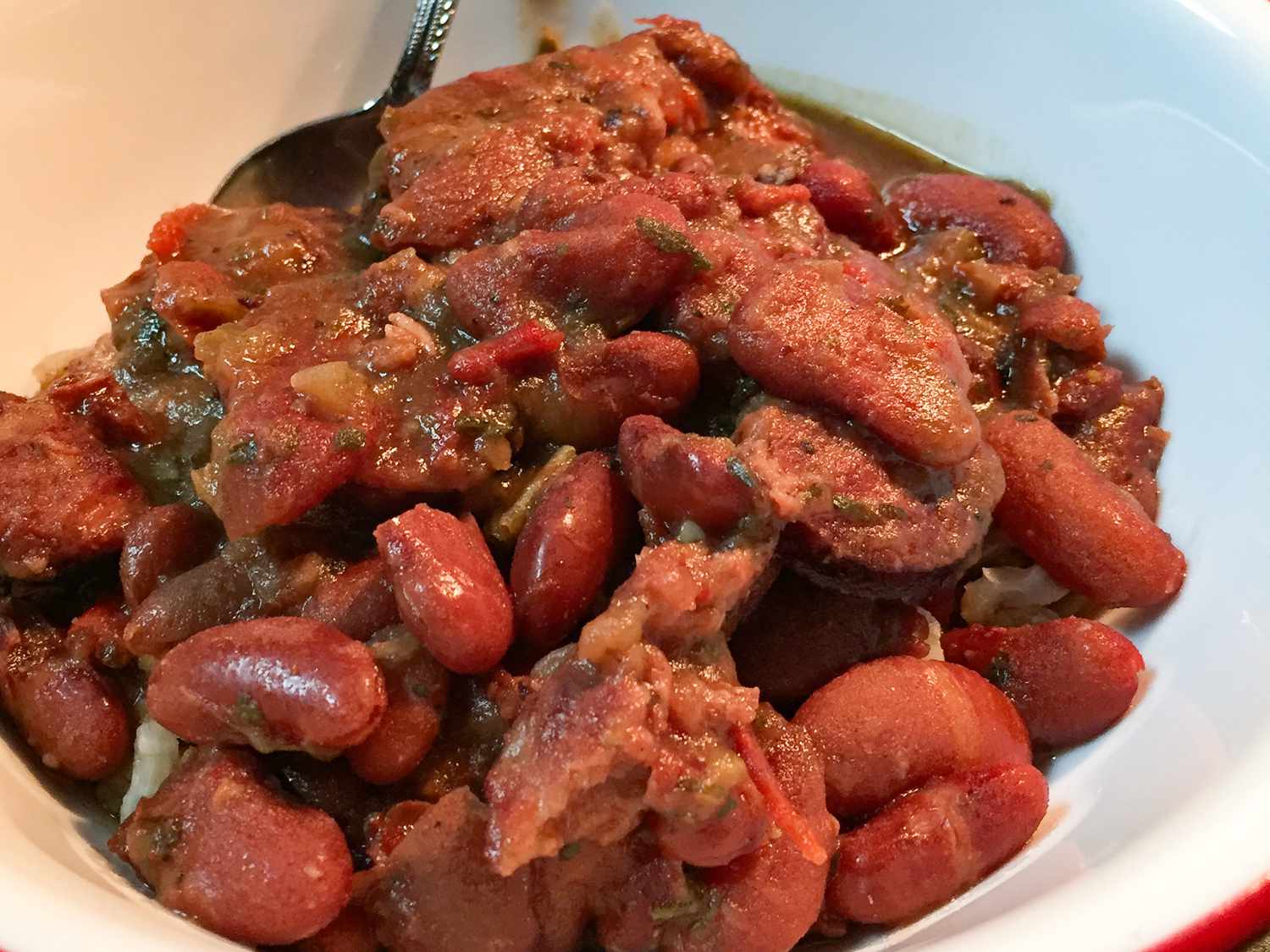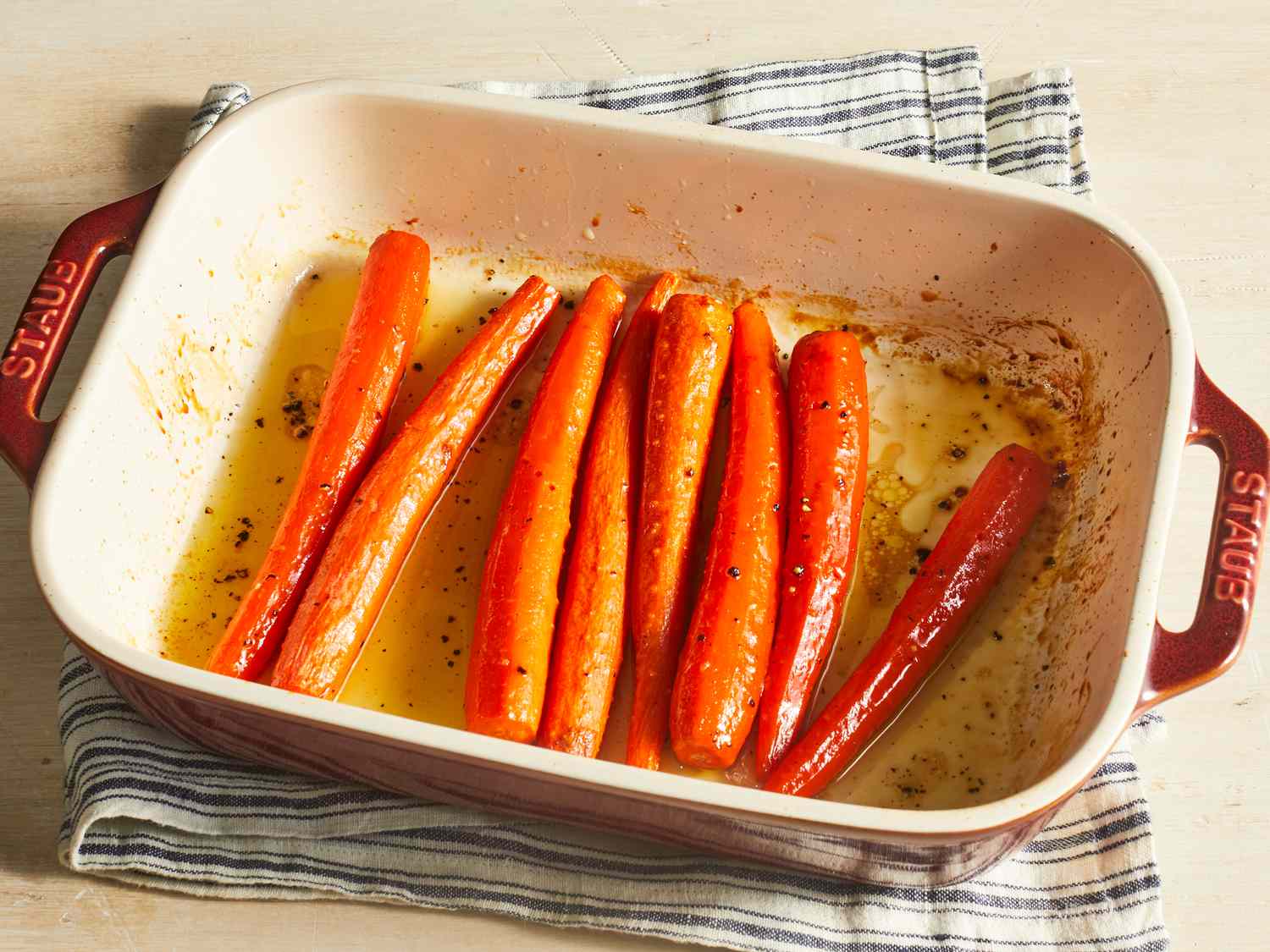Enhance the Flavor of Your Pasta with Seasoned Water
When it comes to cooking pasta, many people focus solely on the sauce and the toppings, forgetting that the pasta itself can be elevated with just a few simple steps. One of the most effective ways to add flavor to your pasta is by seasoning the water you use to boil it. This simple technique can make a world of difference in the taste of your dish. Here’s how to season water for pasta to take your pasta game to the next level.
Choose the Right Salt
Salt is a crucial ingredient when it comes to seasoning pasta water. The type of salt you use can impact the overall flavor of the dish. While table salt is commonly used, consider using kosher salt for a cleaner, more balanced taste. The larger grains of kosher salt dissolve more slowly, allowing for better absorption into the pasta.
Don’t Be Shy with the Salt
It’s important to use a generous amount of salt when seasoning pasta water. As a general rule of thumb, you should use about 1 to 1.5 tablespoons of salt for every pound of pasta. This may seem like a lot, but keep in mind that most of the salt will be discarded with the water, so the pasta won’t end up overly salty.
Infuse with Aromatics
Aromatics such as garlic, herbs, and spices can add depth and complexity to the flavor of your pasta. Consider adding a few cloves of garlic, a couple of bay leaves, or a handful of fresh herbs like basil or parsley to the water as it comes to a boil. This will infuse the pasta with subtle yet delightful flavors.
Bring on the Heat
Seasoning water for pasta isn’t just about the ingredients; it’s also about the technique. Make sure to bring the water to a rolling boil before adding the pasta. This will help the flavors to meld with the water and ensure that the pasta cooks evenly.
Final Touches
Once the pasta is cooked to al dente, don’t just drain it and serve. Save a cup of the seasoned pasta water to add to your sauce. The starchy, flavorful water can help bind the sauce to the pasta, creating a harmonious and delicious dish.
By following these simple steps, you can take your pasta from ordinary to extraordinary. Seasoning water for pasta is an easy yet impactful way to elevate the flavor of your favorite pasta dishes. So, the next time you’re boiling pasta, don’t forget to season the water – your taste buds will thank you!
Was this page helpful?
Read Next: How To Season Rice For Fish
